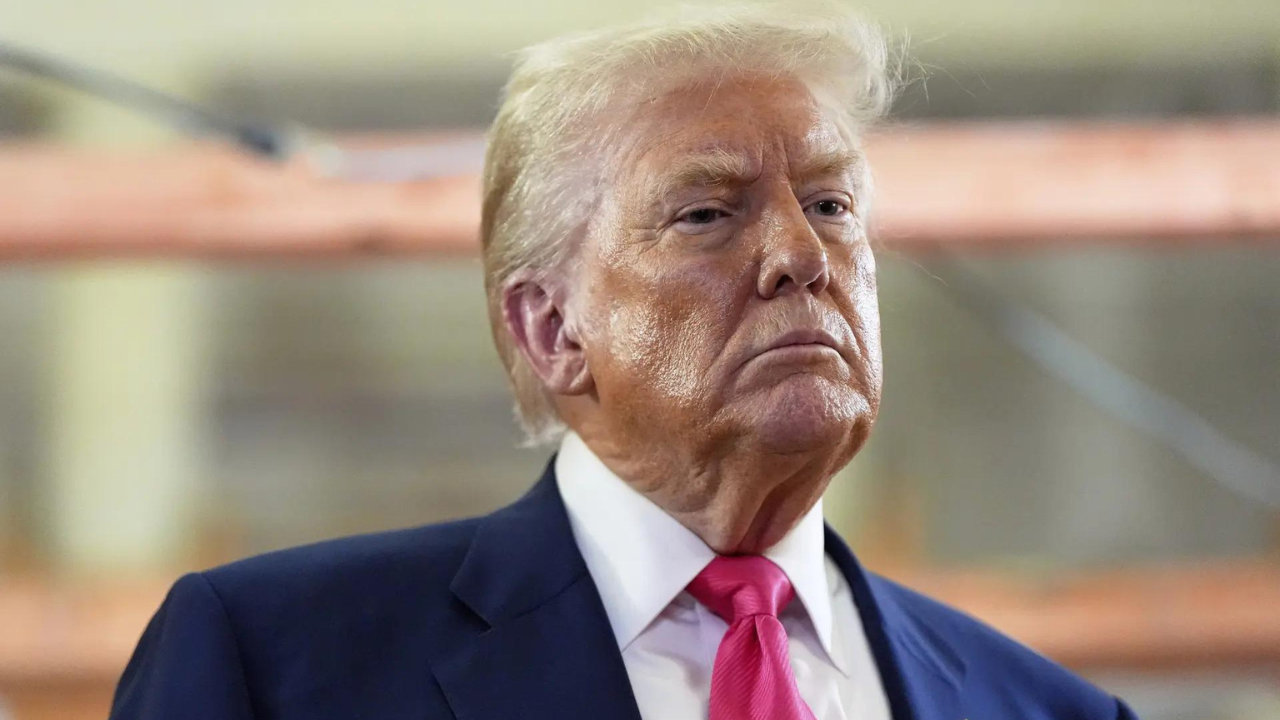In a recent memo, the Office of Personnel Management (OPM) under the Trump administration reaffirmed the rights of federal employees to express and promote their religious beliefs in the workplace, citing protections under the U.S. Constitution and Title VII of the Civil Rights Act of 1964.
According to OPM Director Scott Kupor, federal employees are permitted to share their religious views with colleagues and even attempt to persuade others, as long as the conduct does not become harassing or disruptive. Supervisors are also allowed to engage in religious discussions with subordinates under the same conditions. However, employees cannot be penalized for choosing not to participate in such conversations.
This statement builds on President Trump’s February executive order, which called for the elimination of perceived anti-Christian bias in government and encouraged the identification of federal actions seen as hostile to religious expression. The memo also supports accommodations such as flexible work hours or remote work to allow for religious observances, including prayer.
Employees may also form prayer groups, provided these gatherings occur outside official working hours. Additionally, religious symbols and materials may be displayed at individual workspaces, reflecting a broader interpretation of religious rights in the workplace.
While courts have long upheld the right to religious expression, they also maintain that such expression must not create a hostile or coercive environment. The U.S. Equal Employment Opportunity Commission (EEOC) has clarified that consensual discussions about religion are generally permissible but may cross into unlawful territory if they become unwelcome or pervasive.
It’s important to note that Kupor’s memo is not legally binding and may face legal scrutiny. Nonetheless, it signals a significant push by the administration to expand religious freedoms within federal agencies and highlights the ongoing dialogue about faith and governance in the public sector.




